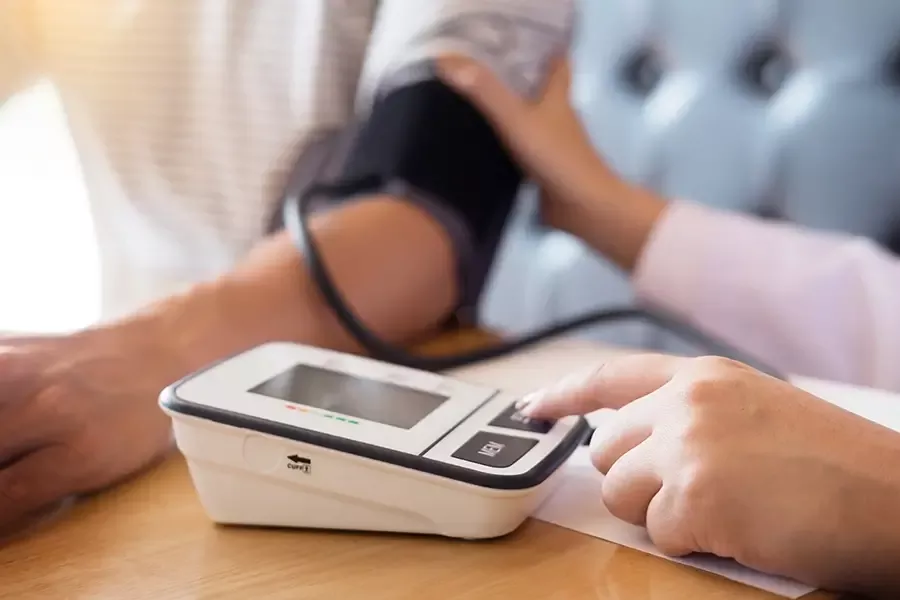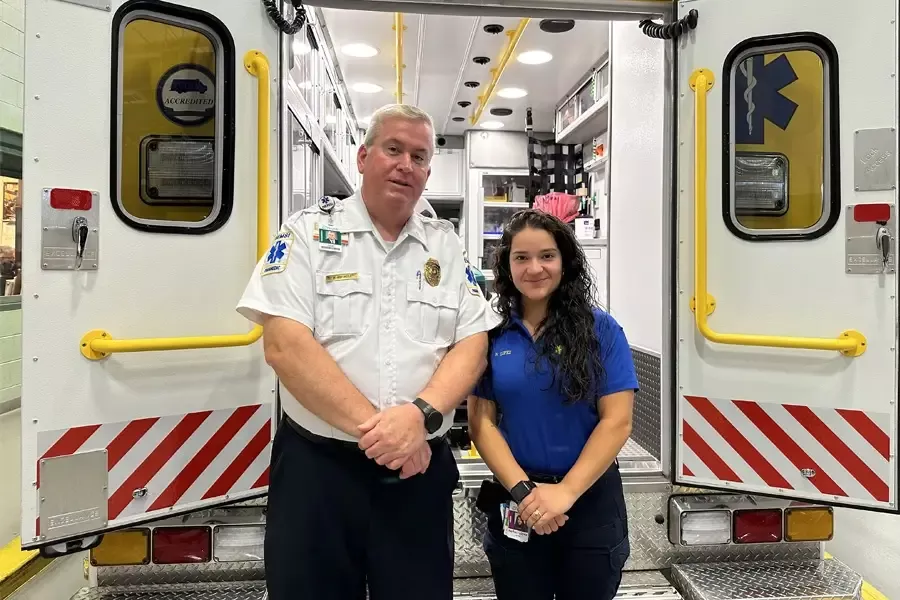
Atrial Fibrillation (AFib) is a common heart rhythm disorder affecting millions of people worldwide. Understanding what AFib is and how to prevent it is critical for maintaining good heart health and overall wellbeing.
What is AFib?
AFib occurs when the heart’s upper chambers (atria) beat irregularly and often too fast, disrupting blood flow to the lower chambers (ventricles) and the rest of the body. This irregular heartbeat can lead to various complications, including blood clots, stroke, heart failure and other heart-related complications.
Symptoms of AFib include fatigue, rapid or irregular heartbeat, fluttering or thumping in the chest, dizziness, shortness of breath, anxiety, weakness, faintness or confusion, sweating, and chest pain or pressure (call 911 if you have this symptom as you may be having a heart attack).
It’s important to note that AFib doesn’t always produce symptoms and may sometimes only be detected upon physical examination or with an EKG. Please see a health care professional for a proper diagnosis.
By the numbers
Check out these Centers for Disease Control and Prevention (CDC) facts related to AFib:
- 12.1 million – estimated number of people in the U.S. who will have AFib by 2030
- 158,000 – number of deaths in which AFib contributed
- 1 in 7 – number of strokes caused by AFib
- 5x – how much a person’s risk of ischemic stroke increases due to AFib
- 454,000 – number of AFib-related hospitalizations in the U.S. each year
What causes AFib? Is AFib hereditary?
Several factors contribute to the development of AFib, including:
- Age: Risk increases as you get older, particularly after age 65
- Family history: If AFib runs in your family, you may also develop the condition
- High blood pressure: Hypertension can strain your heart and increase your risk of AFib
- Previous heart conditions: Past heart attacks, heart valve problems, congenital heart disease or heart surgery can predispose you to AFib
- Obesity: Being overweight or obese can make you more likely to develop AFIB
- Diabetes: Damaged blood vessels and nerves caused by diabetes may raise your risk of AFib
- Sleep apnea: Untreated sleep apnea, a sleep disorder in which you repeatedly stop and start breathing, can disrupt your heart’s natural rhythm
- Other lifestyle factors: Drinking alcohol excessively, smoking and high amounts of stress may lead to AFib
How to prevent AFib
The good news? You can take steps now to prevent or help manage AFib.
First, maintain a healthy weight by adopting a balanced diet and engaging in regular physical activity. Need a workout spot? Check out one of our convenient Wellness Centers in Huntsville or Madison to help you reach your fitness goals.
If you’re not already monitoring your blood pressure, start doing so now. The American Heart Association (AHA) recommends using an automatic, cuff-style, bicep (upper arm) monitor, which you can find at most drug stores and big-box retailers. Visit the AHA’s website to learn how to use a blood pressure monitor and read your numbers.
For those with diabetes, control your blood sugar through diet, exercise, medication (if needed) and regular glucose monitoring.
New habits, new you
Cut back on alcohol and don’t smoke. If you need help kicking tobacco, call the HH Center for Lung Health at (256) 265-7071 for details about our smoking cessation program.
Are you a chronic snorer? Don’t ignore it. Talk to your health care provider about treatment for obstructive sleep apnea or other sleep issues. Not only will your heart thank you, but your sleep will, too!
Manage your stress by practicing meditation, yoga, deep breathing exercises or anything that helps you deal with feelings of mental or physical tension. Click here for a few tips to get started.
Don’t forget to schedule regular medical checkups with your provider to monitor your heart health and address any underlying conditions quickly. Need help finding a health care professional in your community? Check out our easy-to-use tool.


